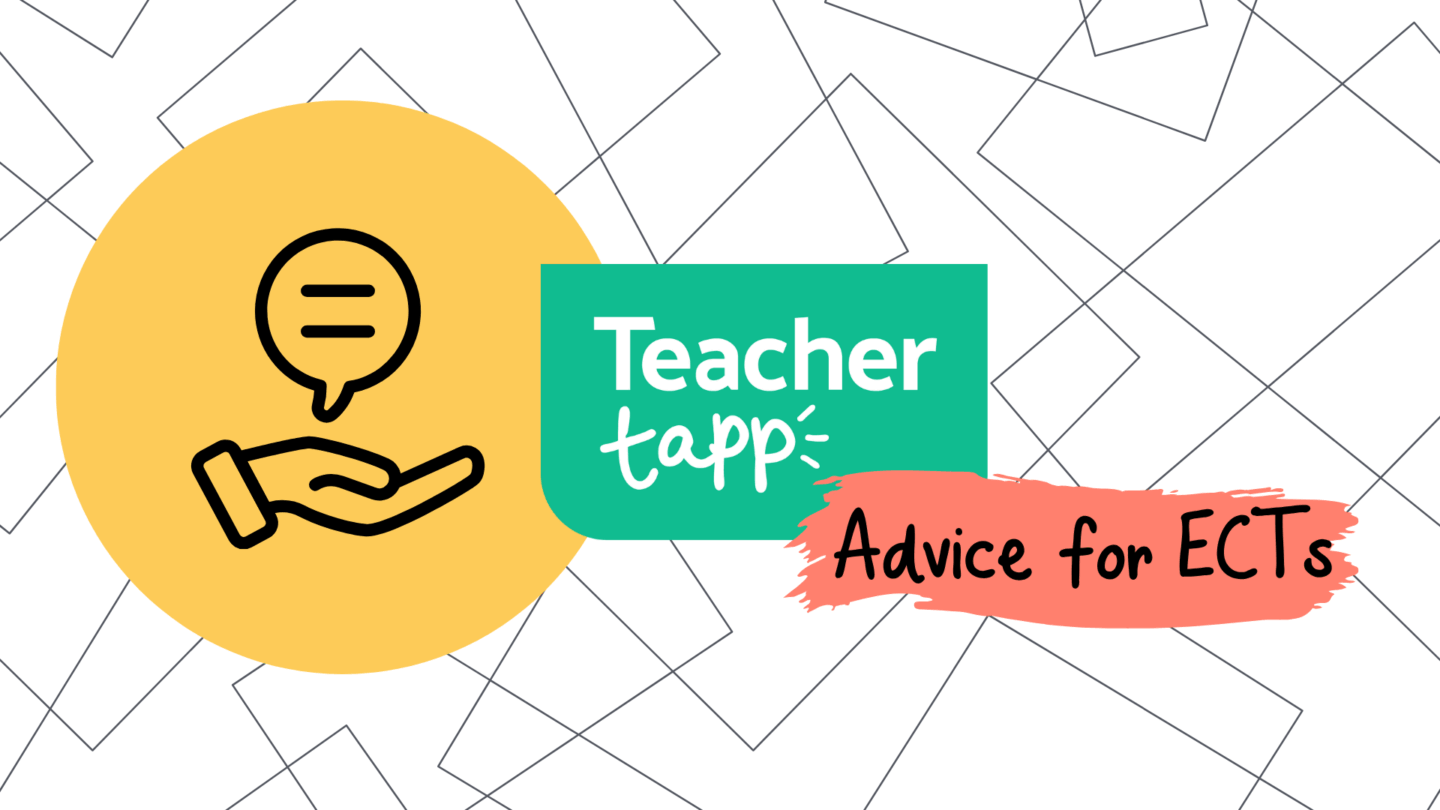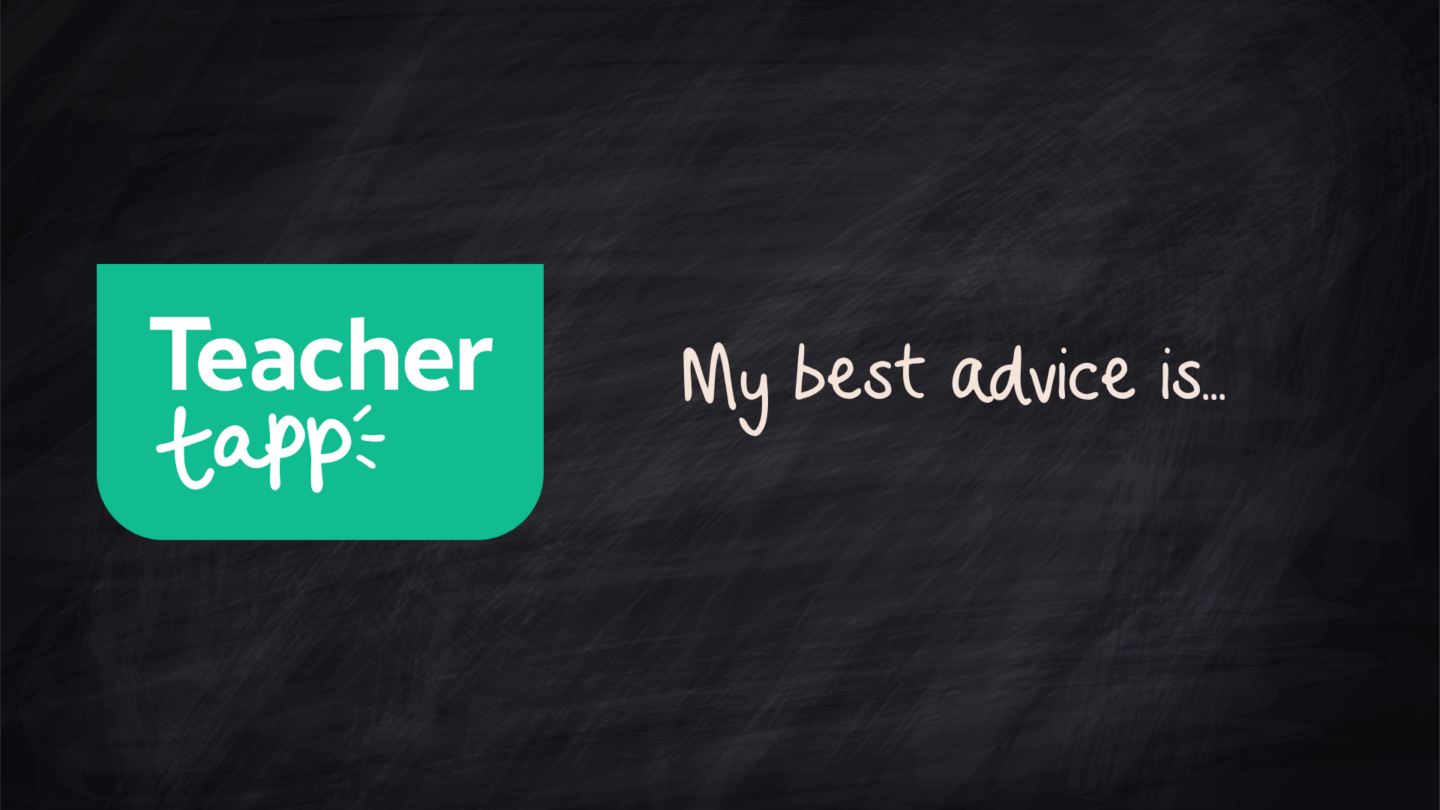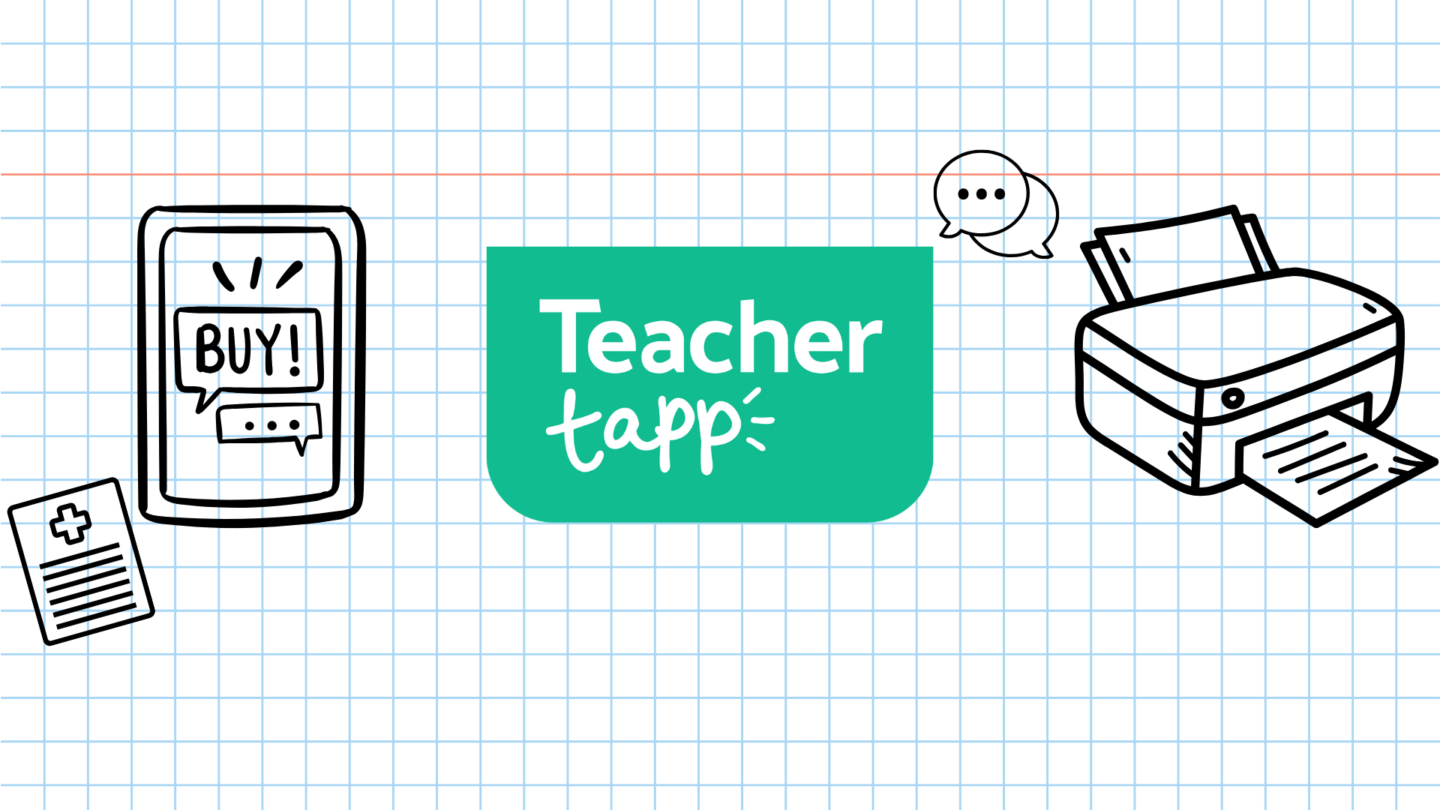You made it! 90% of you are now on your summer holidays! 🥳 What better way to bring in the summer than await the results of our Golden Ticket competition, where the winner will receive £3,000! For every 50 questions you answer, you’ll automatically receive one entry into the competition.
We’ll announce the winning ticket next week on August 1st, so be sure to check your app to see if you’re a lucky winner!
End of Term Activities
Transition Days
Transition days are a chance for students to spend time in their new class or school, but what activities typically go on during this time?
Primary teachers typically spend the time finding out students’ interests (75% of primary teachers do this). They also talk about what will be different in their new class (74%) and often do practical activities with their students. Secondary teachers do things a little differently with the incoming Year 7s. They spend the day getting to know what life will be like in their new secondary school. 80% of secondary teachers say incoming Year 7s meet their new form tutor. 76% have a taster of what their class will be like and 77% have an assembly to meet senior leaders and learn the rules of the school. Just 15% of Year 7s will sit an assessment during their transition day.
Last Lessons 📼
What sort of lessons are happening at the end of term? Do you stick with the norm, or do something different? Popular activities involve quizzes (done by almost half of secondary teachers) and having additional break times (52% of primary teachers).
Wheeling the TV into the room may be a common teaching trope, but is so for a reason. 41% of all teachers let their students watch a film on the last day of term and this figure is even higher for younger teachers.
Completing unfinished work was a significantly less popular activity. Just 9% of teachers got their students to do this.
Prom Night 💃
Proms are a traditional rite of passage for many school leavers. After two-thirds of students in 2021 didn’t manage to have a prom, for obvious reasons, just 20% didn’t have one this year. Hosting prom nights on the school grounds has seen a small increase, as many will seek to offer affordable locations for their students. 32% of teachers said prom was held at their school, with 48% saying it was held at another venue.
Prom nights are held by schools of both phases, but are more common in secondary schools, where 92% of teachers said their secondary students had a prom, compared to 68% of primary teachers.
After-School Socialising 🍻
Two-thirds of you spent the last day of term socialising with some of your colleagues – with the pub as the most likely destination! Even those with other commitments and children at home found some time to do so!
A lucky 50% of teachers said that their school arranged an end-of-year social event for them. A further 39% said teachers banded together to arrange something for themselves. 20% of classroom teachers said there was no event, but only 13% of heads said the same. Maybe the message didn’t reach some and (dare I say it) more emails were needed 🤫?
Homeschooling
The House of Commons Library records that there were about 80,900 students being home-educated in October 2022, rising to 86,200 in January 2023. We don’t know whether this is natural seasonal variation or a rising trend in schools as it is the first time such data has been collected. It is also likely to be an underestimate of the true numbers.
Among primary teachers, just 10% said that they had at least one pupil leave their class to be electively home-educated. It was far more common among secondary teachers. More than one-in-three said that they had at least one child leave their tutor group. This was particularly common in more deprived schools, with 18% of secondary teachers in FSM Q4 schools having more than one child leave to be home educated.

What about the other way? Were those who left replaced by those who joined? Almost!
Among primary schools, a similar proportion of teachers (12%) say they had a student join their class who had been home educated. This is just a smidge higher than the 10% who had a student leave. However, in secondary schools, 24% of teachers said they had a student join their tutor group (35% said at least one student left).

Many think that the numbers being home educated will continue to rise. Our data shows that, in addition, churn in and out of formal schooling is quite high. Let us know if you have further questions on home education that you would like us to ask. And of course, we will repeat these questions in coming years to see how they change.
Catholic Life
Last week, we asked a few questions specifically to those of you who are teaching in a Catholic School! Why? Well, these are some new questions that Catholic Schools can use in our School Surveys to see how responses from their own staff compare to others who work in schools with a Catholic denomination.
Overall, 69% of teachers in Catholic schools say they have the expertise needed to realise of the vision for teaching and learning. However, as we often see in results of School Surveys, there is a difference of opinion between classroom teachers and senior leaders. For this question, 62% of classroom teachers said that staff had the expertise, which could be an area needing addressing.

Classroom teachers are similarly less likely than leaders to feel that their professional development has helped them to support the Catholic life of the school. This type of profession development seems to be stronger in the primary phase, where 65% of teachers agreed it had helped them, compared to 55% in the secondary phase.

Ups and Downs
On the rise
📈 24% of teachers now have “Head Student” as a role students can take in their school, up from 15% in 2021. (Head boy/girl positions have seen a decrease as a result)
📈 60% of you now cite the attendance fee as one of the three most important factors when attending a conference. It was 49% in April 2020
Heading down
📉 52% of secondary teachers said they covered the curriculum in time for GCSE exams this summer, down from 59% last year.
📉 13% of teachers said they weren’t observed at all in the past academic year. It was to 16% in July 2022.
And finally…
The most read tip this week was: Why is the attainment gap increasing?
And here are the rest for your reference:





